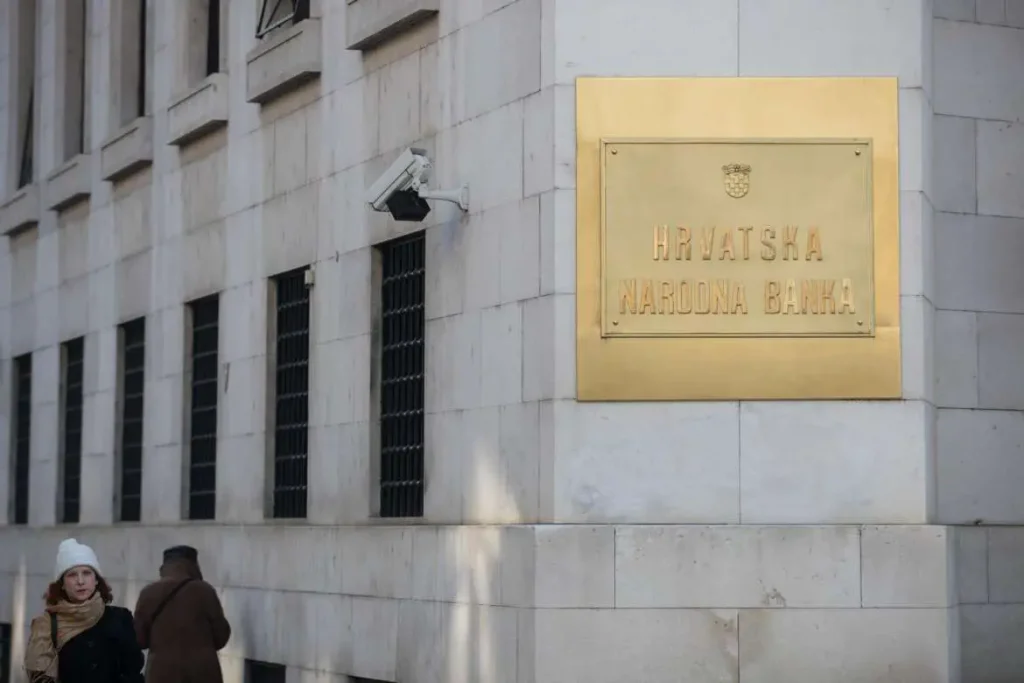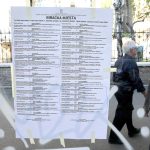May the 15th, 2023 – Croatian banks have been acting as real cash warehouses ever since the country’s accession to the Eurozone back in January this year, and they’re earning a pretty penny for that ”work”.
As Poslovni Dnevnik writes, it is only logical that the net interest income of Croatian banks grew because they increased their own interest on loans issued to their clients. Interest on savings however doesn’t follow that trend, those figures are still barely above zero, meaning that both margins and earnings are increasing, writes Rijeka-based portal Novi list.
In addition to these usual reasons for bank profit growth, which therefore derive from “core” operations, Croatian banks have had one additional source of income since the New Year, more specifically since the Republic of Croatia officially entered the Eurozone, which wasn’t there before, and the same of course concerns the European Central Bank’s key rates.
More specifically, we are talking about increasingly high interest rates on deposits held by commercial banks within the central bank, and in Croatia’s case this regards the Croatian National Bank. Namely, until the country entered the Eurozone, the rate for depositing liquidity surpluses with the CNB was a firm zero. With this year’s entry into the Eurozone, all of the key rates of the “new monetary centre”, the ECB in the German city of Frankfurt, began being applied to the domestic market as well.
It’s important to explain that the ECB is constantly raising its key rates, which is why interest rates on loans are also always rising. This is what the banks are talking about when they discuss the “deposit facility rate” increasing and this also represents one of the ECB’s three key rates, which specifically refers to those funds that commercial banks keep hold of with central banks.
At the time of Croatia’s entry into the Eurozone back on January the 1st, 2023, this ECB rate stood at two percent. Immediately following accession, Croatian banks began to receive returns on the money they kept with the CNB.
Surplus liquidity that Croatian banks have kept in their accounts with the Croatian National Bank in the period since the beginning of the year currently amounts to around 14.4 billion euros on average.
In the aforementioned period, the European Central Bank continued the cycle of raising its interest rates that began back in July 2022, and interest rates on overnight bank deposits with the central bank rose from 2 percent at the beginning of the year to 3.25 percent in May. Accordingly, banks operating in Croatia were paid out a massive 85.6 million euros in interest in the first quarter of this year, according to the CNB.
For more, check out our dedicated news section.










